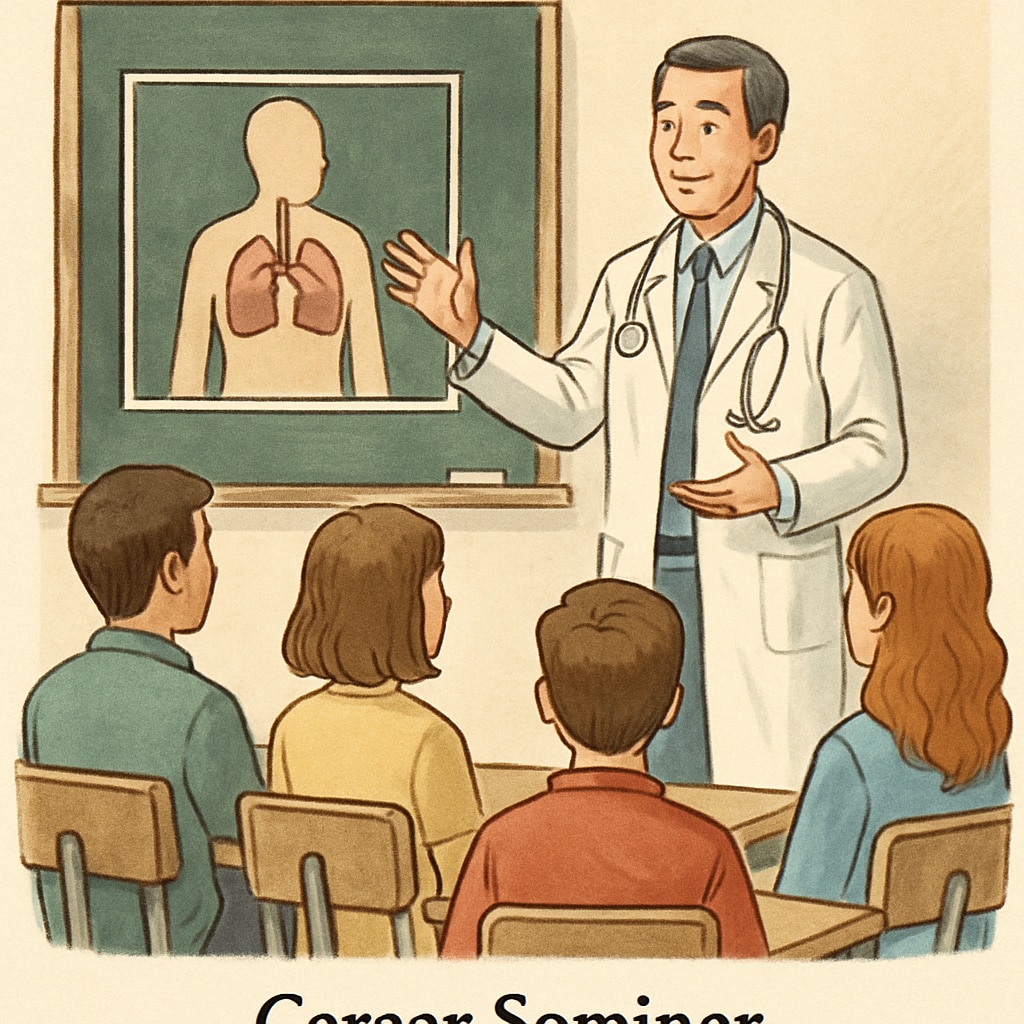Conducting medical career interviews is an invaluable activity for K12 students interested in pursuing a future in medicine. By engaging directly with healthcare professionals, students can gain firsthand insights into the realities of medical practice, the challenges and rewards it brings, and the skills and dedication required. This article provides a practical framework for designing effective interview guides, enabling young learners to explore the medical profession deeply and plan their careers thoughtfully.
Why Medical Career Interviews Matter for K12 Students
For many young learners, the idea of becoming a doctor often stems from idealized representations in media or family influence. However, these sources rarely capture the full spectrum of what a medical career entails. Conducting interviews with real healthcare professionals allows students to:
- Understand the day-to-day responsibilities of a medical practitioner.
- Learn about the required educational pathways and skills.
- Discover the emotional and physical challenges faced in the profession.
- Gain insights into the evolving landscape of the healthcare industry.
These interactions provide a reality check and a foundation for making informed career decisions. For example, students might realize that medicine requires not only academic excellence but also resilience, empathy, and commitment.

Designing an Effective Medical Interview Guide
Creating a structured approach for medical career interviews ensures meaningful conversations. A good interview guide should focus on key aspects of the profession while allowing room for organic discussion. Below is a suggested framework:
- Introduction: Begin with general questions such as, “What inspired you to pursue medicine?” or “Can you share your journey into this field?”
- Daily Routine: Ask about a typical day in their role, including patient interactions, administrative tasks, and teamwork.
- Challenges and Rewards: Explore the most challenging aspects of their career and the moments they find most fulfilling.
- Educational Requirements: Discuss the academic and training path, including undergraduate studies, medical school, residency, and ongoing certifications.
- Advice for Aspiring Doctors: Seek insights on skills, habits, and mindsets necessary for success in the field.
Encourage follow-up questions to dive deeper into topics of interest. Additionally, students should prepare by researching the professional’s specialty and the healthcare system to ask informed and relevant questions.

Building a Framework for Career Planning
Medical career interviews are not just about learning facts; they help students visualize their future role and develop clarity on their aspirations. To maximize the benefits of these discussions:
- Document Learnings: Encourage students to keep detailed notes of their interviews for later reference.
- Reflect on Insights: Guide students to analyze what they learned about the profession and themselves.
- Explore Additional Resources: Recommend further reading or online resources, such as Britannica’s overview of medical education or Wikipedia’s article on healthcare professionals.
As a result, students can align their interests and skills with the requirements of the medical field and better understand whether this path is right for them.
Conclusion: Empowering Future Physicians
Medical career interviews are a powerful tool for K12 students exploring the field of medicine. By engaging with healthcare professionals, students can gain authentic insights into the profession, prepare for its challenges, and make informed career choices. With a thoughtfully designed interview guide, educators and parents can support young learners in discovering whether medicine is their true calling. As these students step forward with clarity and confidence, they are well on their way to becoming compassionate and skilled future physicians.


